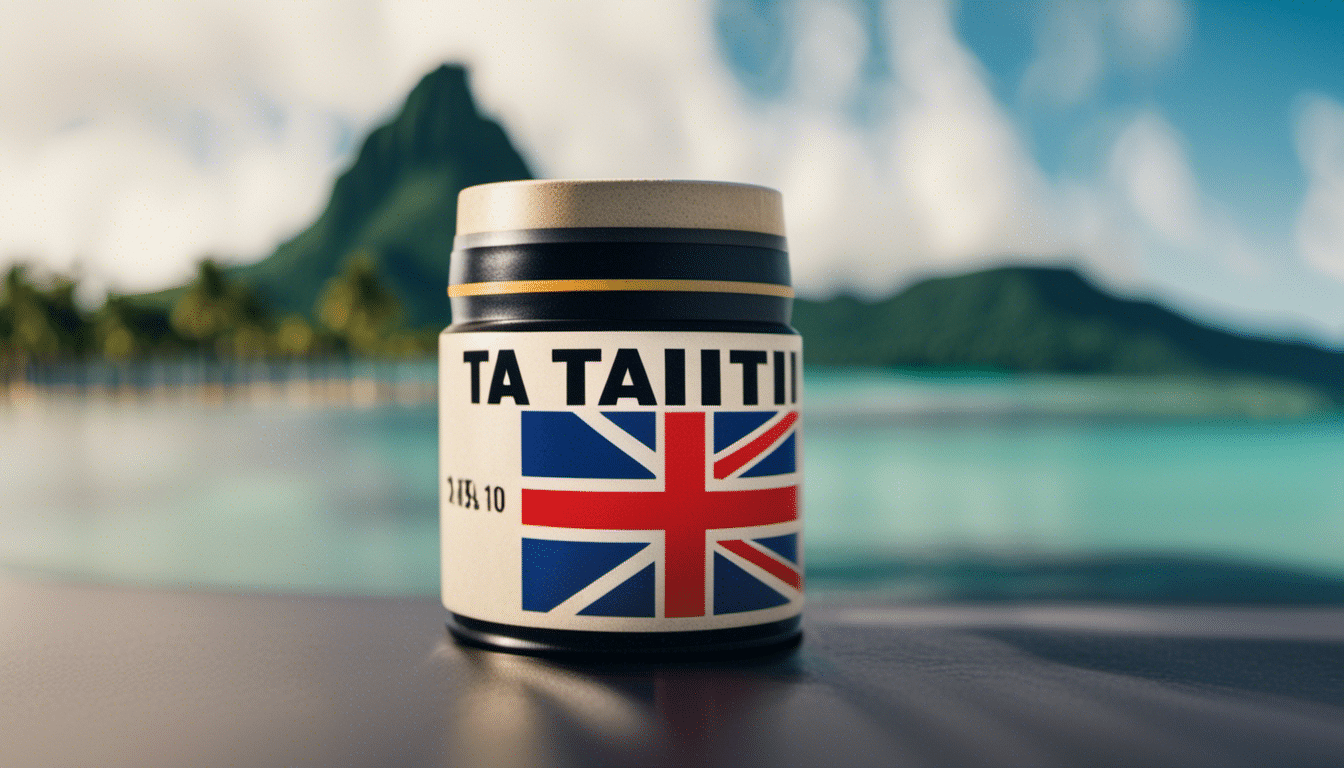The prospect of an obligation to be vaccinated against Covid-19 for travel tends to be more resistant, denouncing a violation of freedoms. This obligation is however far from being a novelty, as explained by Nadia Valin, infectiologist in the service of infectious and tropical diseases at Saint-Antoine hospital.
Compulsory vaccination to travel abroad? Here is what the announcements about the introduction of the vaccination passport suggest. On Monday, the Secretary of State for the Digital Transition, Cédric O, declared that the “TousAntiCovid” application now contained certificates attesting to a negative result on a PCR or an antigen test or a certificate of vaccination. If he reminded that there is currently “no obligation”, he also wrote on Twitter that this new feature is “a first step” which will allow French people to travel in Europe “in complete safety”.
Also read & gt; & gt; Vaccination focus: “I said I was a salary”
. @ TousAntiCovid is evolving! With # TousAntiCovid-Carnet, you can integrate into the app with a #QRCode: ➡️Test results ➡️Your vaccination certificateA first step that will allow you to travel safely. @Olivierveran @Djebbari_JB @CBaune pic.twitter. Com/cPfSgOHciw
Yellow fever vaccine, mandatory for travel to several countries
This prospect of compulsory vaccination for travel abroad brings out the teeth of some “anti-axes”, who consider this measure of freedom and undemocratic. However, this is far from new. Nadia Valin, an infectious disease specialist in the infectious and tropical diseases department at Saint-Antoine Hospital in Paris, explains that the yellow fever vaccine has been compulsory “for years” to enter most countries in sub-Saharan Africa. and in some countries. .
Second and last compulsory vaccine: that against meningococcal meningitis to enter Mecca, Saudi Arabia, as part of the pilgrimage. “The obligation to vaccinate is a fairly common provision in the world. He is there to protect travelers and the inhabitants of the country,” summarized the specialist.
“If people were more responsible, we wouldn’t have to come to this.”
According to Nadia Valin, the controversy was created due to a lack of knowledge of pre-existing devices. “The preferred destinations of the French are mainly in Europe and the Maghreb, where no vaccination is compulsory. Some therefore do not have the notion of compulsory vaccination, even if it has existed for some time”, he analyses.
Regarding the vaccine passport, the infectious disease specialist is more acerbic. “If people were more responsible, we wouldn’t come.” There are always people who, in the name of individual freedom, do not want to be vaccinated and endanger others. If we just tell them it’s ‘highly recommended’, they won’t. Nadia Valin hopes that this passport “will gradually become common”. In addition, she advises future travelers to take certain “fair” vaccines recommended but not mandatory, such as hepatitis A or typhoid.


























